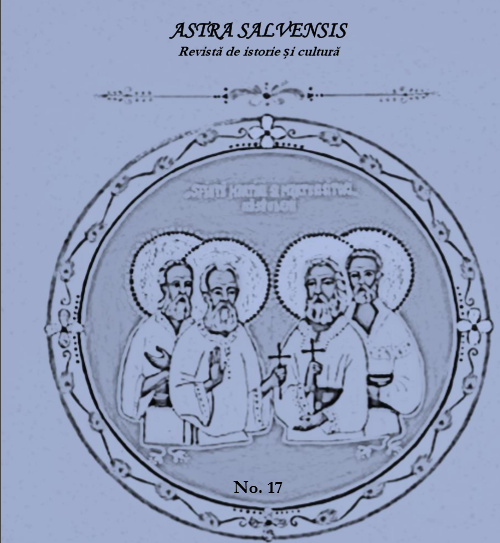Principalele Paradigme Interpretative Ale Relației Dintre Religie Și Politică
The Main Interpretive Paradigms of the Relationship Between Religion and Politics
Author(s): Mirabela Rely Odette Curelar, Sheilla Patricia StamatoiuSubject(s): Social Sciences, Sociology, Evaluation research, Environmental interactions
Published by: Asociaţiunea Transilvană pentru Literatura Română şi Cultura Poporului Român - ASTRA
Keywords: secular religions; religion; politics; social order; fundamentalist character;
Summary/Abstract: Secular religions place the salvation of humanity in this world, in a more or less distant future, in the form of a social order to be invented. The great themes of the Christian religion: the fall, the original happiness, the rediscovery, the atonement, the messianic subjects are found in the historical myth of Marxism. Secular religions are narratives with saving claims. Secular religions such as fascism or communism no longer have a future, perhaps only in a changed form. No one can anticipate a political future, but if we consider the opinion of Winston Churchill, the future can lead us on a completely unknown path: “everything I was told when I was a student would not happen in my life. And everything I was told was going to happen, it didn't happen." In the perspective of the phenomenon of secularization, the relationship between religion and politics acquires a fundamentalist character, even heretical, not adapted to the rights of contemporary man.
Journal: Astra Salvensis - revista de istorie si cultura
- Issue Year: 9/2021
- Issue No: 17
- Page Range: 267-274
- Page Count: 8
- Language: Romanian

